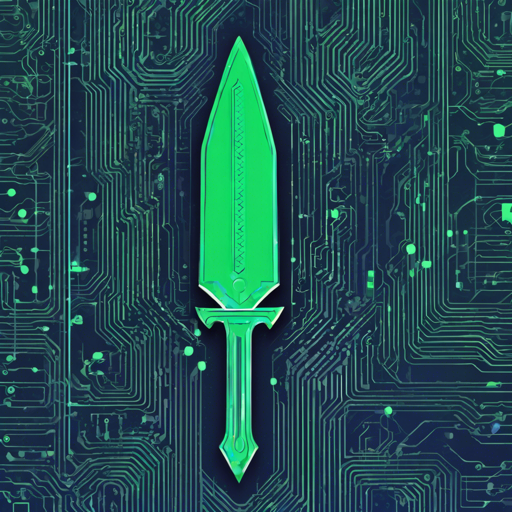Welcome to the world of XDAG, a unique cryptocurrency that diverges from traditional blockchain technology. Instead, it employs a Directed Acyclic Graph (DAG) structure, offering innovative solutions for digital transactions. Below, we’ll delve into how you can get started with XDAG, including creating a wallet, mining, and contributions to the ecosystem. Let’s embark on this crypto journey!
Understanding the XDAG Structure
The XDAG framework abandons the traditional blockchain model in favor of a more efficient system. Let’s use an analogy to understand how XDAG operates:
- DAG vs. Blockchain: Think of a blockchain as a linear train track where each train (block) can only move forward. In contrast, XDAG’s DAG is like a network of roads where each block can branch out and connect in multiple directions, allowing for greater flexibility and faster transactions.
- Mining in XDAG: Each block is mined every 64 seconds, and transactions are equivalent to blocks, which means every piece of money you mine is directly tied to an action taken on the network.
Getting Started with XDAG
This section will guide you on how to dive into XDAG, covering essential topics like acquiring a wallet and tuning into mining pools.
1. How to Get a Wallet
- Visit the XDAG wallet creation guide for step-by-step instructions.
2. Getting Started with XDAG
- To grasp the basics and navigate through XDAG, check the getting started page.
3. Finding Mining Pools
- Looking to mine XDAG? Head over to the mineable pool list for available options.
4. Contributing to the XDAG Ecosystem
- Interested in contributing? Join the community by following the instructions in the contribution guide.
Key Features and Mechanics of XDAG
XDAG’s architecture includes a distinct methodology for transaction validation and mining, encapsulated in its main chain concept:
- Each block contains up to 15 links to other blocks, representing transactions.
- The main chain is defined by the maximum difficulty of distinct blocks mined.
Mining Stages and XDAG Supply
Mining within XDAG is divided into three defined stages:
- Stage 1: Blocks #1 to #1,017,322, with each block yielding 1024 XDAG.
- Stage 2: Blocks #1,017,323 to #2,097,151, yielding 128 XDAG each.
- Stage 3: After which, the supply decreases exponentially, yielding 64 * (12)^n XDAG for subsequent blocks.
The total XDAG supply caps at approximately 1.446294144 billion, promoting scarcity and value in mining.
Troubleshooting Tips
If you encounter any issues while navigating XDAG, here are some troubleshooting tips to help you out:
- Ensure your wallet is updated; older versions may have compatibility issues.
- If mining is slow or unresponsive, check your internet connection, as a stable and fast connection is crucial.
- Visit the XDAG community site for updates and community support.
- For data and resources, refer back to the links provided throughout this article.
- For more insights, updates, or to collaborate on AI development projects, stay connected with fxis.ai.
Conclusion
At fxis.ai, we believe that such advancements are crucial for the future of AI, as they enable more comprehensive and effective solutions. Our team is continually exploring new methodologies to push the envelope in artificial intelligence, ensuring that our clients benefit from the latest technological innovations.
We hope this guide has illuminated the path towards engaging with XDAG effectively. Dive into the world of XDAG and explore its vast potential for yourself!

